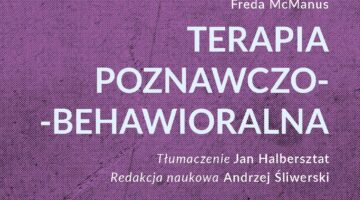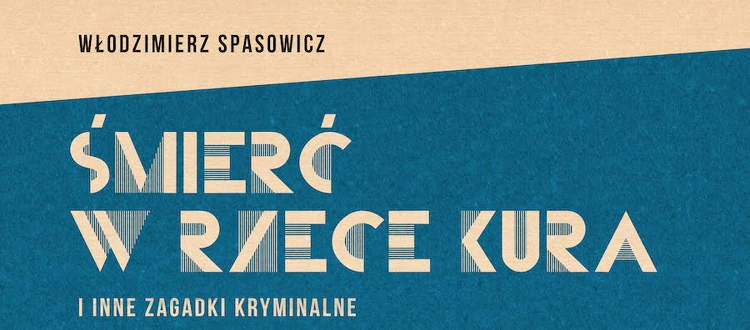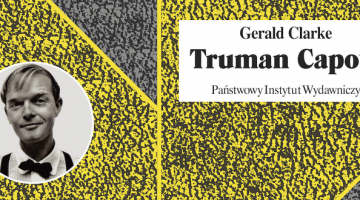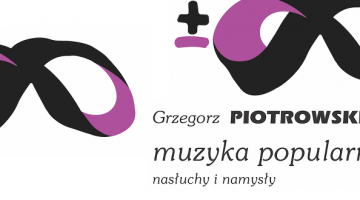On June 25th of this year passed exactly 70 years from the time when the State Publishing Institute (Państwowy Instytut Wydawniczy) began its activity. It is definitely sensational news for Polish readers! I do not think, however, that the literature currently proposed by the PIW is addressed to readers looking for sensation, regardless of how much it is close to it. Just such, that is, in part sensational, are the defense speeches of Russian lawyer Vladimir Spasowicz from the late nineteenth century, in loud and lesser-known issues. Spasowicz was a prominent lawyer, professor of law, dealing mainly with defense in criminal matters, the memory of whom the PWI have decided to recall.
The death of a young girl in the Kura river – a riddle unsolved in those days, all the more today – it must intrigue the modern reader. Are the accused guilty? Was it just an accident? The speech for the defense by Spasowicz exposes the inadequacy of the investigation and shameful errors of the investigative team. We get to know the people involved in the matter as thoroughly as if we had accompanied them throughout their lives, we get to know facts and hypotheses, and reading the speech of over a hundred pages, we feel as if we were at the hearing. The excellent psychological analysis of characters, references to the then latest scientific discoveries in the field of psychology, psychiatry, forensic medicine, rules of criminal procedure evoke admiration for the knowledge of the lawyer. Will the mystery be solved? Will others like the processes of conspirators or the interesting case of a soldier, connecting the field of military and civilian law, also be solved? What is the order of a superior, and what is the misuse of an officer position? It is hard to believe that Death in the Kura river is simply the perfect translation of speeches of the prominent lawyer. The more that rhetoric used by Spasowicz is present in courts also today.
Death in the Kura river, as the publisher suggests, can be seen as „criminal riddles”, but I think that also as a testimony of an era, as well as a tribute to human knowledge and sensitivity. We associate Russia of the late nineteenth century with the Empire, the omnipotent power of the Tsar, with a power that deprived us of freedom. But the Russia of those years also equaled a huge human intellectual potential, the country complicated and full of contradictions – PWN, as if by the mouth of Spasowicz, reminds readers about the problems with which this country had to struggle. PIW not for the first time warns before too hasty judgment of history, but it also points out the non-obvious spheres of human activity, in which we can seek for fascinating literature.
Joanna Roś








